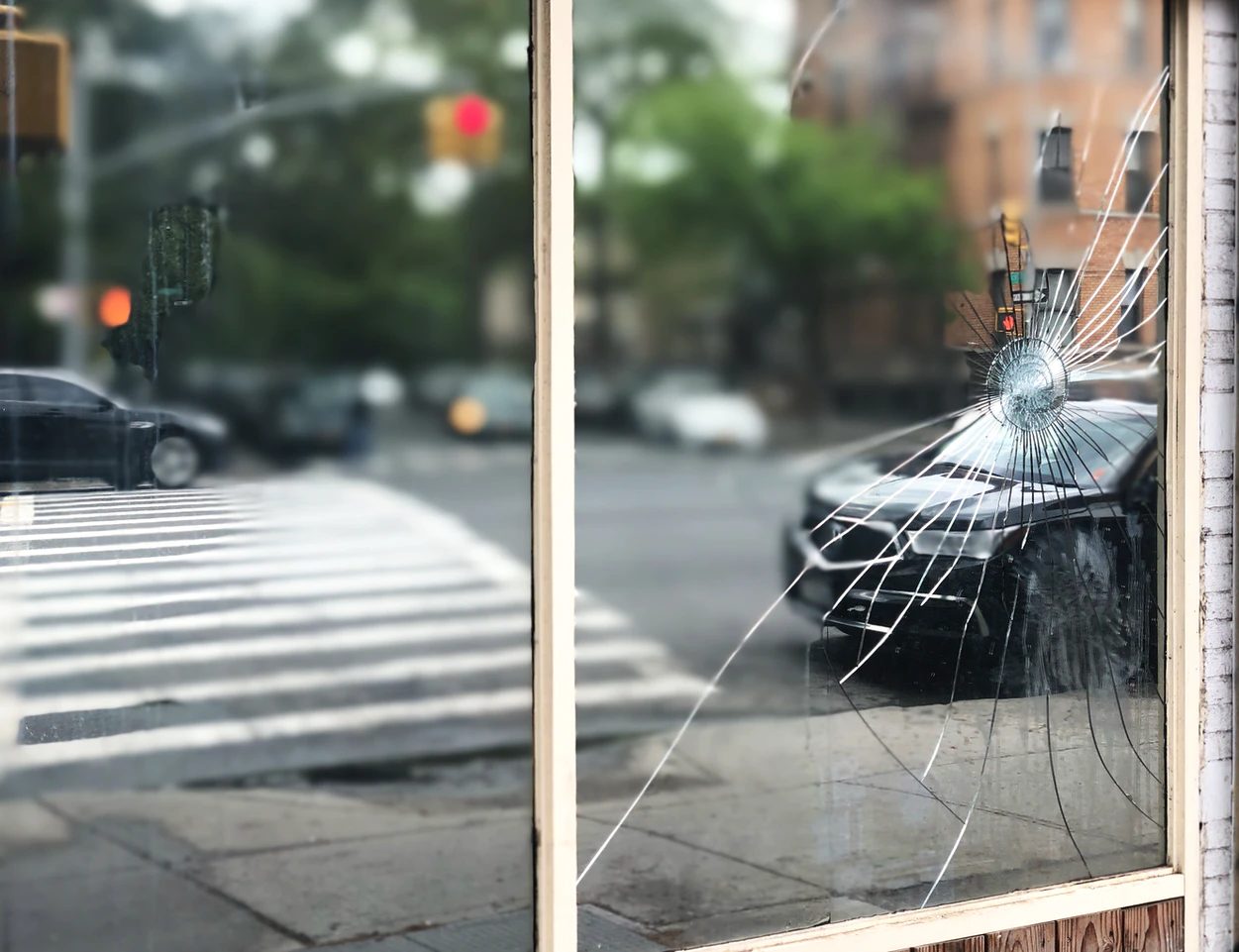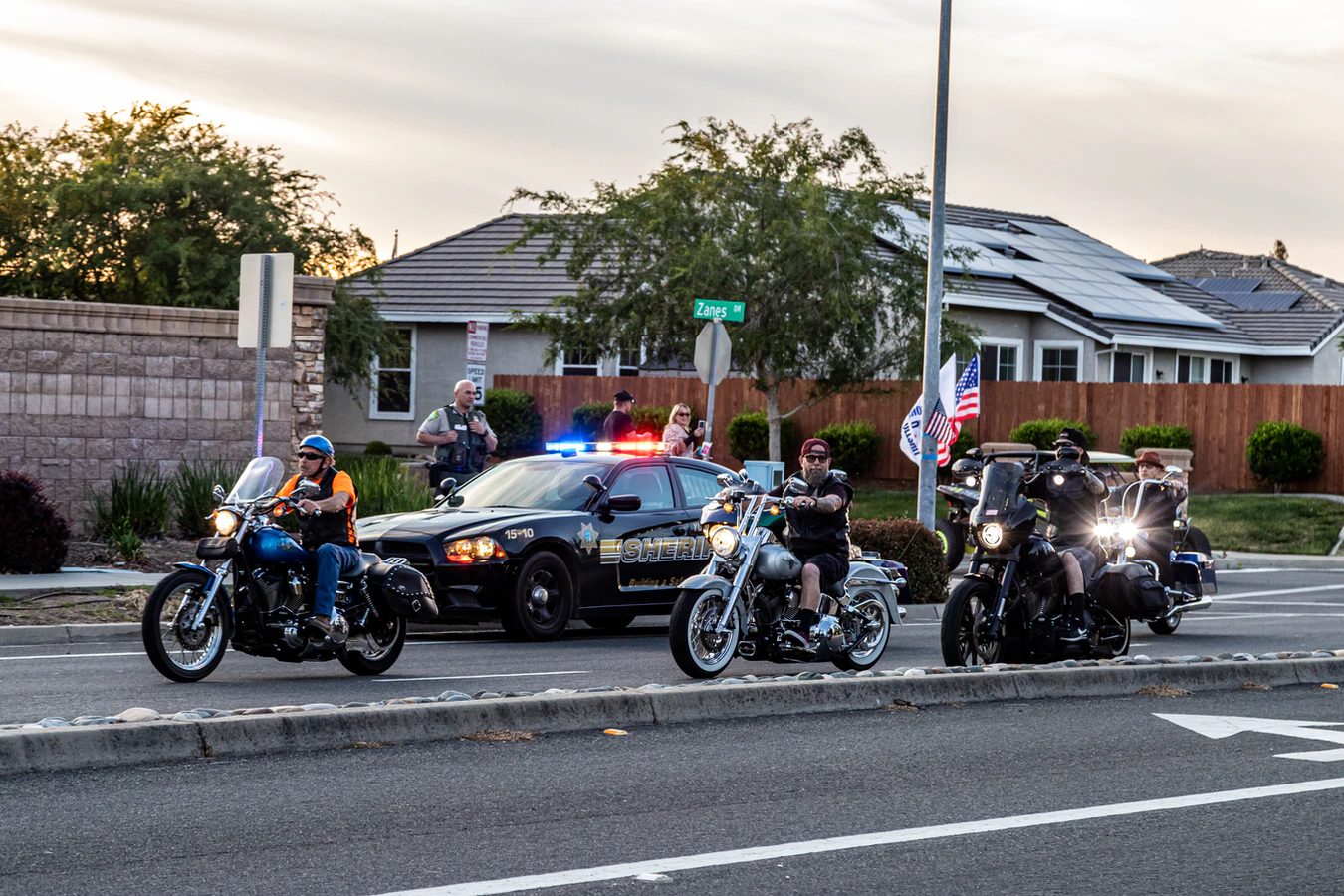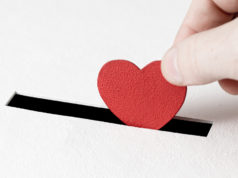
After getting into your vehicle and starting your journey, the last thing you expect along the way is a road accident. Car crashes happen every day, regardless of how careful we are on the road. Many states do report huge death numbers caused by road accidents. Statistics reveal that car crashes are the fourth human killers in the United States. Other than killing you, they cause nasty experiences to the drivers and victims involved. There are things you need to do if you are a direct victim during a car crash. Here is the list.
Get to Safety and Call the Police
Whether it was a minor or fatal crash, you should check if everyone is okay and rescue those in need. After getting everyone out, you need to urgently call an ambulance to get the injured to the hospital while calling the police. Having the police immediately into the accident scene bolsters your case, mostly if you weren’t the cause of the accident.
The police will also help you prevent traffic build-up and move the vehicles out of the accident scene while writing a report to determine to capture the cause. Ensure you also give full details on what happened. Any accident should get reported to the police. Do not get tempted to settle the matter out of court.
Exchange Relevant Information
After clearing the scene and getting the injured to the hospital, you should not leave the scene without contacting people who matter. You need to get the other drivers’ details, car details, and insurance details. According to lawyers from Boohofflaw.com, anyone who would like to get compensated for damages must also get names, addresses, and telephone numbers of drivers and witnesses, the insurance company contact information, policy number, and the driver’s license and plate number. These details will be necessary for your attorney when filing the claim.
Get the Necessary Information and Witness Accounts
Besides the police information, you need to take details of the accident scene, including photos and videos as evidence. It would help if you also got the witnesses’ narration on what happened and their contacts for follow up. You may lose the witnesses if you fail to have their contacts.
It is also essential you write down the badge number of police officers who record the statements and the ambulance details if there were injuries that got rushed to the hospital. If you have a recorder, get the witnesses’ narration as they record for future use. Ensure none of the information gets distorted. One more thing, avoid discussing the accident details with anyone, except the doctors, police, and your attorney. Your communication with other drivers will only be sharing contacts and nothing else.
Photograph the Scene
Unlike before, when cameras were scarce, we all have smartphones that can take good photos and store them for future use. Use your smartphone to record every detail concerning the accident. Take pictures of all cars, state of the road, environment, weather, skid marks, injuries, damages, license plates, and any other thing that might be essential regarding the accident. Your insurance provider and your lawyer will require such information when processing your claim. Such information should not be edited or shared with other people or uploaded to social media sites. By doing so, you will be sharing your evidence and might get distorted before being used in court. The information is essential in cases where the police don’t show up.

Follow Up
In case of a minor accident, you might fail to get the police visiting the scene. That doesn’t mean you should proceed with your daily duties. It is advised that you visit the police station with your accomplice and report the case before being cleared to move on. Other than that, feeling no pain doesn’t mean you are unhurt, show up to the hospital and get checked for any injuries, including internal bleeding. The doctors will do the checkups and advise you on the body changes to review. Accidents also cause mental injuries. You need to contact a psychologist and get some counseling to prevent the trauma.
Get Insurance Help
Even if you aren’t the person who caused the accident, you need to visit your insurance provider and have your car checked before reusing it again. You need to report any damages to the vehicle and if the other driver has agreed to repair your vehicle. Get advice from them and follow their advice.
Never pay for damages that happen during an accident, no matter how small they are. Your insurance and the other driver’s insurance must pay the claims, depending on who caused the accident. Your lawyer needs to prepare you fully when filing claims to ensure a smooth and efficient compensation process.








